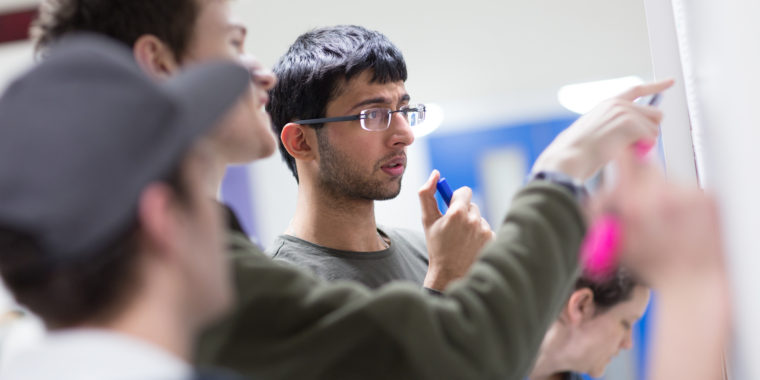
When you devote yourself to developing expertise in just one subject, you tend to get very good at the types of thinking required in that particular subject and might not get many opportunities to develop and practice different types of thinking. Even if you continue to work and learn within your discipline in the future, you will also need to be able to think ‘outside’ your discipline with skills such as:
- critical thinking
- independent thinking
- interdisciplinary thinking
- reflexive practice
- reasoning and formulating an argument
- thinking and imagining with compassion and empathy
- building on your own prior experience and your internal resources
- building on the prior experience and resources of others
- tolerating uncertainty, complexity and dilemmas

Focus on … reflexive practice
| Developing reflexive practice allows you to engage not only with the thing that you are learning, but also with the actual process of learning itself. You will become aware of what you find easy or hard, how well you complete different aspects of a task and how you perform in different types of situation. This allows you to then incorporate what you have observed about yourself into your continuing learning experience to further develop your learning potential: – It’s about noticing what is going well and what is not going so well. – It’s thinking about how to get the most out of each and every learning experience – It’s using your self-observation to try to improve your performance – You are not alone in working reflexively – we include many opportunities in all our classes to discuss your progress and experiences with your colleagues and lecturers |
Last Updated 23rd September 2025

One thought on “Skills: Thinking”
Comments are closed.